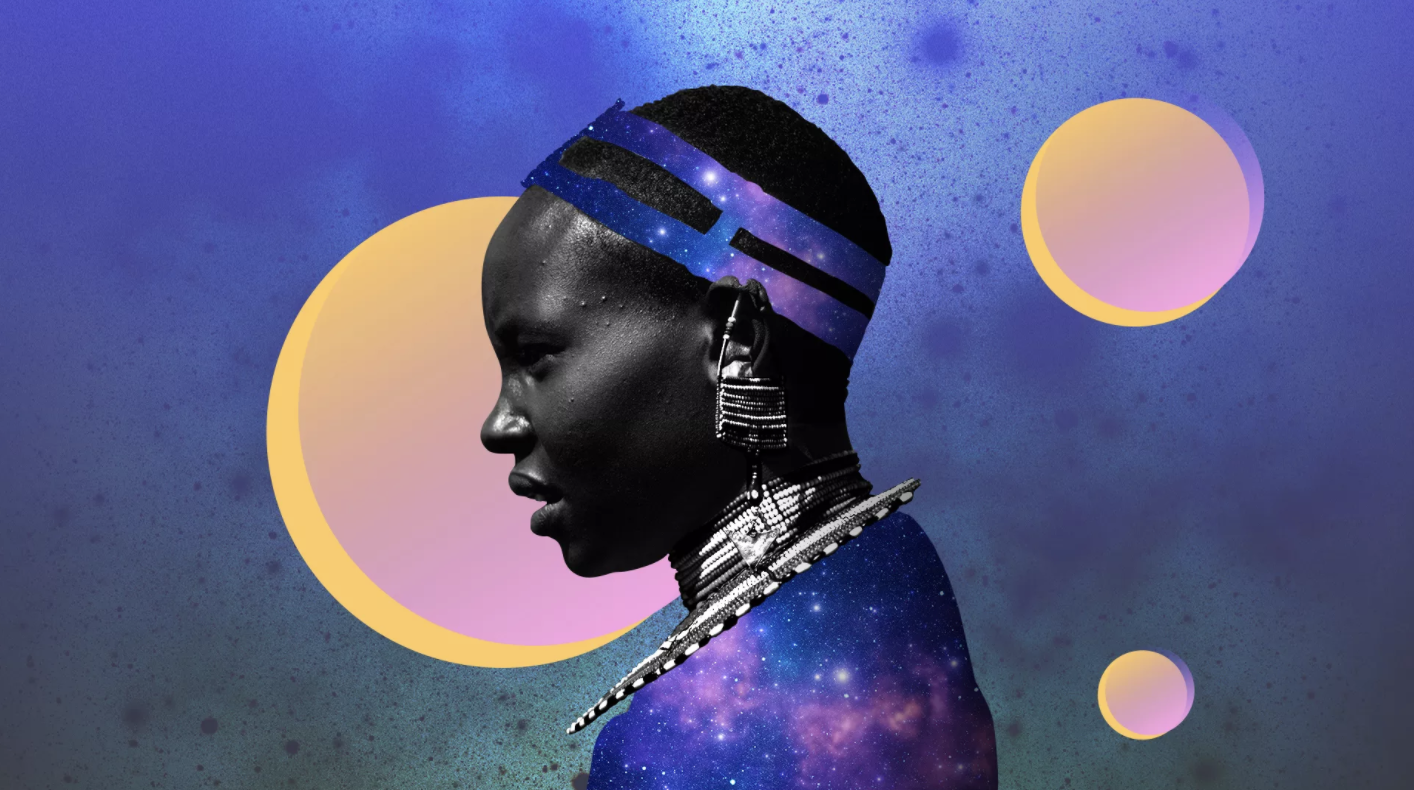
Healing Hair Trauma with Afrofuturism

Public Art Meets Private Appreciation
My step mother has been a cosmetologist for over 40 years. Growing up in the hair salon, I've always been privy to the beauty of the black women's hair experience. Being exposed to the smell of perm and hot curling irons is part of a rite of passage.

What Does the CROWN Act Mean for Schools?
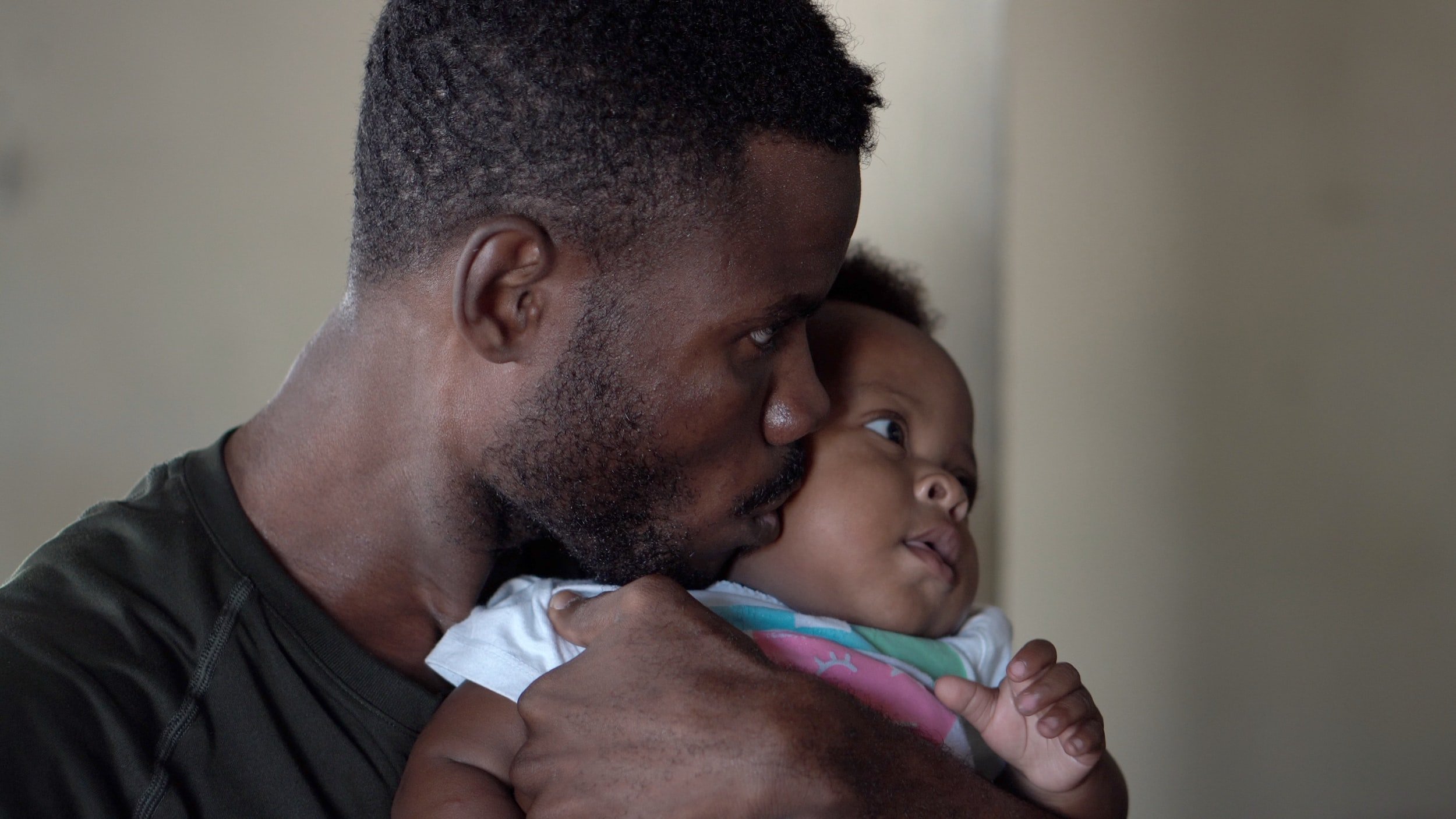
Stay-in-hair Dad

Reading Locs: Mental Health Hairratives (Hair Narratives)

Sis, It’s Not You, It’s Life: Stress and Hair Loss
If you are black and a woman anywhere in this world, you carry the burden of those identities. Social and economic factors like poverty, racial discrimination, limited access to high quality health care, housing, and higher rates of incarceration exist in some Black communities.

Don’t Touch My Hair. But Why?
There have been countless reports of unwarranted or unsolicited touch of our hair, from airports to schools to work. But it is more than just an invasion and entitlement of personal space, it can be spiritual as well.

When Whistling Vivaldi Isn't Enough: Stereotype Threat Developed from Black Male Hairstyles in Public Spaces
As a way of combating being viewed through the gaze of a negative stereotype, Staples learned that when he whistled Vivaldi (Classical music composer), he is then seen as a regular graduate student at the university and not a threat.
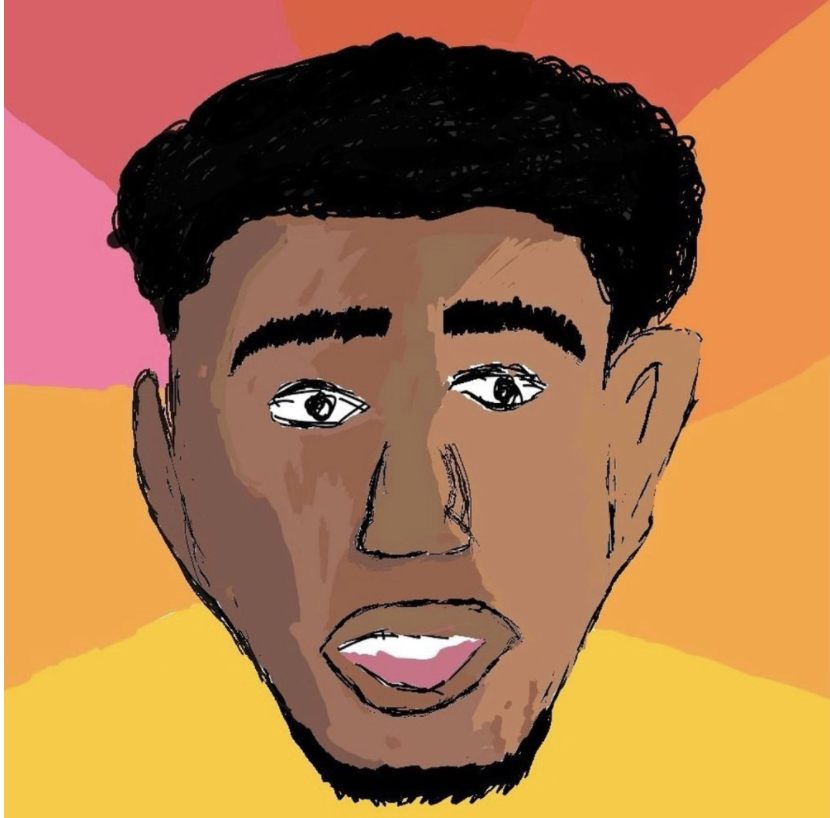
Black Identity, Hip Hop, and Hair
Being a Black artist in America means just that. And it comes with challenges.
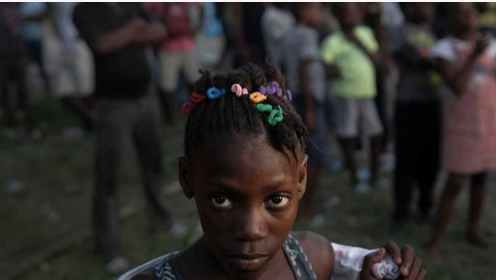
Getting to the Root of Colorism, Texturism and anti-Haitianism
An old video of Beyoncé resurfaced during Latin American Heritage Month 2021 on social media. As Beyoncé flips her hair, she says she likes to pretend she’s Dominican. Unfortunately, what Beyoncé is saying in this video is more complex than waving the Dominican flag with pride.

How Afros and Head Wraps Aid Black Resistance
Angela Davis’ Afro became an unspoken, complimentary symbol to her revolutionary work as it expressed Black Power (Byrd & Tharps, 2014). As for most Black women, her hair spoke before she did in a powerful way.

Our Hair ROOTS: Incorporating our Black Family Hair Traditions and Routines as a Coping Technique to Increase Positive Mental Health
After obtaining hairstyles such as braids, locks, twists, or even a wash and dry, we would most likely finish off with products to nourish the hair and scalp. Many Black families can identify that the key to sustaining and maintaining Black hair, no matter style or state, is moisturizing. Greasing our hair is a tradition, passed down from our African ancestors, using natural products and continues to be shared throughout Black families, even with our children.

The Influence of the Black Influencer
With less trips to the office and more time on zoom calls, the need for diverse hair content has never been more necessary.

Breaking into the News Business: How Black Women Consider The Politics of Hair When Applying for Their First News Job
Degrees, writing skills, and a passion for storytelling aren’t always enough - sometimes it just comes down to your hair.
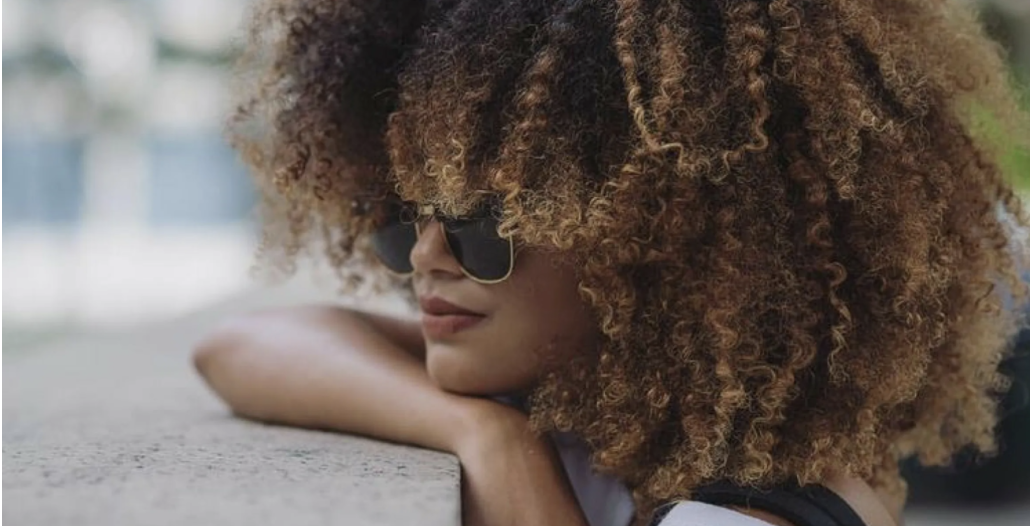
Going Natural: Has the oppressed become the oppressor?
The process of going natural can be a liberating experience for Black women who have suffered psychological (Robinson, 2011), emotional (McGill Johnson et al., 2017; Yancy, 2010), physical (Wise et al., 2012) and economic (Bryd & Tharps, 2014; Mbilishaka et al., 2020) consequences attempting to uphold Eurocentric beauty ideals.

Launching a DEI Initiative? Don't Forget About Hair
We all have it, so why does hair matter in the workplace?
Short answer, people matter and hair matters to people.

Even in Death Black Hair Has Its Place
It’s no secret that Black people take great pride in the way that they present themselves. This was seen especially in the 1960’s during the Black is Beautiful movement, a movement that encouraged Black people in the US to embrace their natural aesthetic as it was being warred against with European standards of beauty. Black people had and still have high regard for the way they present themselves. This is seen in the expressions of clothing and hair stylings. So quite naturally it is expected that these standards will be upheld even in death.